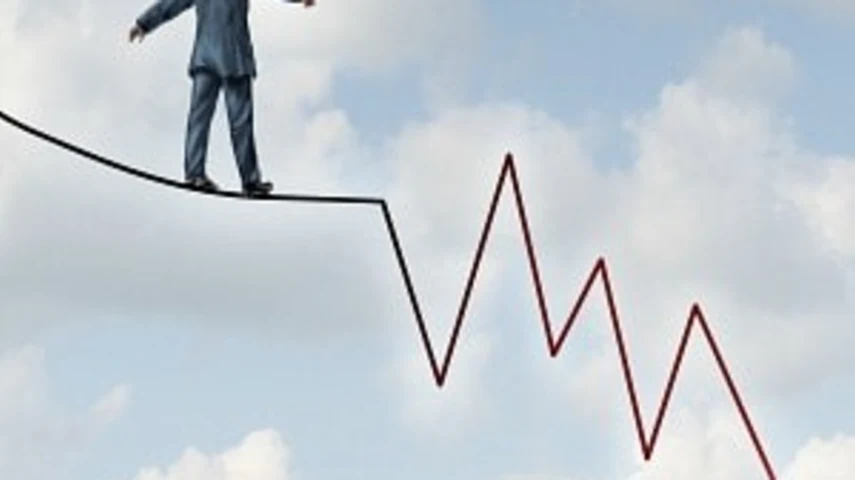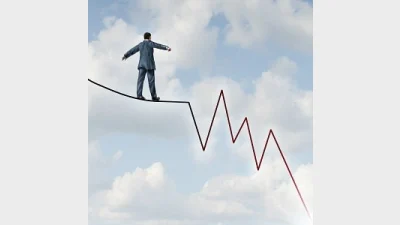Nearly 90% of funds make losses in 2022’s first half



Almost 90% of the funds available to Australian investors have failed to make positive returns over the past six months, research by Money Management shows.
The opening half of 2022 saw both stock and bond markets sell off as soaring inflation, rising interest rates, concerns over economic growth, China’s COVID-19 lockdowns and the war in Ukraine bruised sentiment.
Few peer groups in the Australian Core Strategies (ACS) universe managed to stay in positive territory for the past six months, with only three in the black: ACS Fixed Int Mortgages, ACS Cash Other and ACS Property Australia Direct.
The other sectors near the top in performance terms were those that could protect against inflation – such as ACS Equity Infrastructure and ACS Commodity & Energy – or those with a cautious approach – such as ACS Absolute Return and ACS Mixed Asset Cautious.
Those making the heaviest losses were ACS Equity Australia Small/Mid Cap and ACS Equity Global Small/Mid Cap, which were seen as some of the riskier areas of the stockmarket and more sensitive to investors’ concerns about the growth outlook.
Australian shares sat in the middle of the chart, with the average fund in the ACS Equity Australia sector losing 10.6% in 2022’s opening half.
Turning to individual funds, only 273 out of the 2,197 examined in this research – or 12.4% - made a positive total return over the past six months.
Most of the funds which reported positive returns resided in the ACS Alternative sector, reflecting the losses seen in the mainstream stock and bond markets and the need to look to other assets to make positive returns.
Funds that offered ‘short’ exposure to markets also performed strongly this year as did those giving exposure to commodities like oil.
At the bottom of the table were funds with a bias towards the growth style of investing – those that focused on areas like the US, tech stocks and small-caps.
While growth investing prospered over the decade after the Global Financial Crisis, it had suffered more recently as higher interest rates made investors less willing to pay up for future earnings.
Recommended for you
Ausbil is growing its active ETF range with an ESG product in collaboration with sister company Candriam.
Philanthropic investment group Future Generation’s CEO, Caroline Gurney, will step down from her role at the start of next year.
The newly combined L1 Group is expectant of stabilising Platinum’s falling funds under management within the next 18 months, unveiling four growth pathways and a $330 million equity raise.
Janus Henderson Investors has launched a global small-cap fund for Australian investors, which includes a 5.4 per cent weighting to Australian equities.












